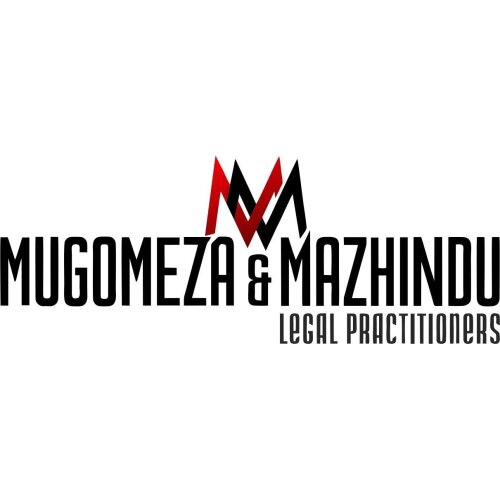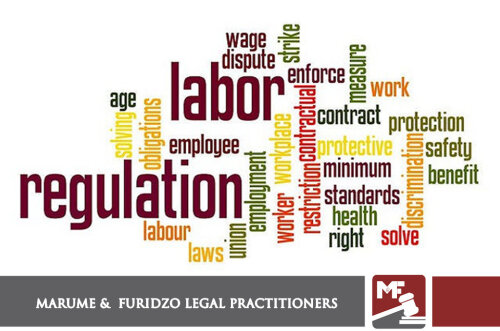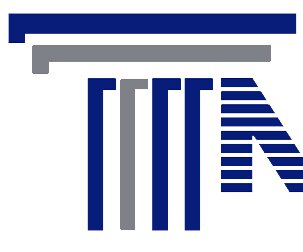Best Retirement Lawyers in Harare
Share your needs with us, get contacted by law firms.
Free. Takes 2 min.
List of the best lawyers in Harare, Zimbabwe
About Retirement Law in Harare, Zimbabwe
Retirement law in Harare, Zimbabwe, revolves around the management and distribution of retirement benefits for individuals who have reached the end of their working careers. This involves the governance of pension schemes, provident funds, and other retirement savings initiatives. Given the economic and social landscape of Zimbabwe, retirement planning is crucial for ensuring financial security in later years. Retirement laws seek to protect retirees by ensuring that they receive their due benefits and that these funds are managed effectively and ethically.
Why You May Need a Lawyer
There are several situations where you may require legal assistance with retirement in Harare:
- If you are facing difficulties in accessing your pension benefits, a lawyer can help negotiate with pension funds or pursue litigation if necessary.
- In the case of disputes over the interpretation of retirement fund rules or regulations, legal advice can provide clarity and resolution.
- If your retirement benefits are mismanaged or misappropriated, legal recourse may be needed to recover your funds.
- For expatriates or individuals returning to Zimbabwe, understanding local retirement laws and how they affect your existing schemes can necessitate legal consultation.
- You might also require legal help when setting up wills or trusts as part of estate planning related to your retirement benefits.
Local Laws Overview
Key aspects of local laws relevant to retirement in Harare include:
- The Pension and Provident Funds Act governs the establishment, management, and wind-up of retirement funds, ensuring protection of beneficiaries’ rights.
- Regulations by the Insurance and Pensions Commission (IPEC) provide guidelines for the financial conduct of retirement funds.
- The regulation of employer-sponsored pension schemes, which must meet certain standards to be tax-exempt and compliant with local laws.
- Employee rights regarding retirement benefits, including vesting periods and the portability of pension plans between employers.
- Inheritance laws, which determine the distribution of retirement benefits in the event of the death of a retiree.
Frequently Asked Questions
What is the legal retirement age in Zimbabwe?
The legal retirement age in Zimbabwe is generally 60 years for most professions, but it can differ for certain occupations, such as public service, where it might be 65.
How is my pension calculated in Zimbabwe?
Pension benefits are typically calculated based on the length of service and salary history of the employee, with different schemes having varying formulas.
Can I access my retirement funds early?
Early access to retirement funds is generally restricted and may be subject to penalties, depending on the specific rules of your retirement scheme.
What happens to my retirement benefits if I emigrate?
If you emigrate, you may still be eligible to receive your retirement benefits under certain conditions, which can include having them paid abroad.
How are retirement benefits taxed in Zimbabwe?
Retirement benefits are subject to tax regulations, though there might be certain exemptions and deductions available depending on the circumstances.
Are foreign nationals eligible for pension in Zimbabwe?
Eligibility for pensions generally requires contributions to local schemes; foreign nationals’ circumstances can vary based on work and residency status.
What can I do if my employer does not contribute to my pension scheme?
You can seek legal assistance to enforce employer compliance with pension contributions as stipulated in your employment contract and Zimbabwe’s labor laws.
Can I change my pension scheme provider?
Changing pension scheme providers is possible but may involve specific procedures and potential transfer costs, requiring approval from the current scheme.
What is a provident fund, and how does it differ from a pension fund?
A provident fund pays out a lump sum on retirement or severance, unlike a pension fund, which typically provides monthly income for life.
Who regulates pension schemes in Zimbabwe?
The Insurance and Pensions Commission (IPEC) is the regulatory body overseeing the operations of pension schemes in Zimbabwe.
Additional Resources
You may find the following resources helpful for navigating retirement-related legal matters in Harare:
- The Insurance and Pensions Commission (IPEC) for regulatory guidance and resources.
- The Ministry of Labor and Social Welfare for information on labor laws and regulations.
- Local chapters of legal associations for referrals to competent lawyers specializing in retirement law.
- Online legal resources and forums dedicated to retirement planning in Zimbabwe.
Next Steps
If you need legal assistance concerning retirement in Harare, consider the following steps:
- Compile all relevant documentation related to your retirement benefits and any correspondence with your pension provider or employer.
- Consult a lawyer who specializes in retirement and pension law to understand your rights and obligations.
- Contact the IPEC or other relevant authorities for guidance on regulatory compliance and enforcement.
- Engage with local legal aid clinics or organizations that might offer free or subsidized legal advice.
Lawzana helps you find the best lawyers and law firms in Harare through a curated and pre-screened list of qualified legal professionals. Our platform offers rankings and detailed profiles of attorneys and law firms, allowing you to compare based on practice areas, including Retirement, experience, and client feedback.
Each profile includes a description of the firm's areas of practice, client reviews, team members and partners, year of establishment, spoken languages, office locations, contact information, social media presence, and any published articles or resources. Most firms on our platform speak English and are experienced in both local and international legal matters.
Get a quote from top-rated law firms in Harare, Zimbabwe — quickly, securely, and without unnecessary hassle.
Disclaimer:
The information provided on this page is for general informational purposes only and does not constitute legal advice. While we strive to ensure the accuracy and relevance of the content, legal information may change over time, and interpretations of the law can vary. You should always consult with a qualified legal professional for advice specific to your situation.
We disclaim all liability for actions taken or not taken based on the content of this page. If you believe any information is incorrect or outdated, please contact us, and we will review and update it where appropriate.















